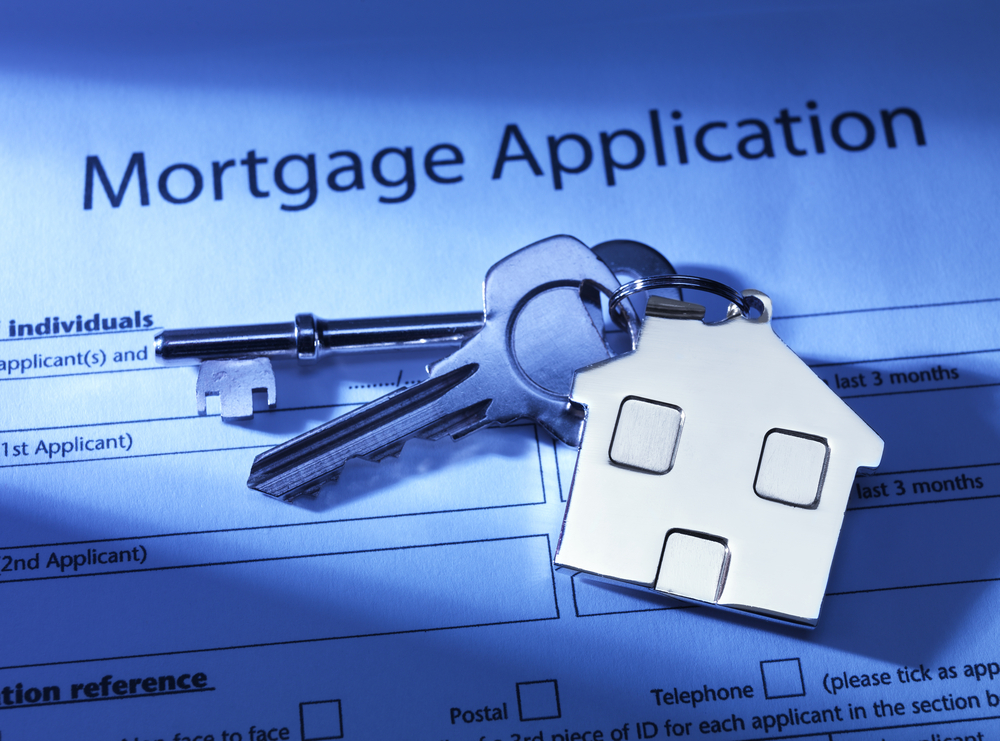If you were looking to buy a home, which type of mortgage would benefit you the most? What are the best home loan programs available? Should you consider ARMs, fixed rate loans, or something else? The following should help you answer all of these questions, and more:
Truth be told, the best mortgage available is the one you can get approved for. While banks and mortgage companies conduct a lot of marketing, however, many don’t have a wide variety of choices when it comes to financing a home. There may be different loan features to take or leave, but many instantly forget that they are trying to borrow hundreds of thousands of dollars, and focus just on interest rate shopping. You’d probably be a little more picky if you were going to loan a half a million dollars of your own hard earned money.
Let’s say you have a good amount of cushion between your monthly income and a housing payment, and you do have the choice of a number of lenders and loan programs. If this is you, congratulations. Not everyone has the same luxury. But with the amount of choices made available, which one is right for you?
Honing in on the best loan should begin with understanding your needs and goals. Even for very short term investments, the loan buyers take out can make a huge difference in achieving their desired goals.
Key questions for home buyers and borrowers to ask include:
- How long will I hold onto this property?
- What should this property do for me?
- What does this loan need to do for me?
If you don’t have much of a down payment, you really need a loan program that will finance as much as possible. Fortunately there are a number of options, and many home buyers may need less than they think. Low down payment mortgage programs include:
- FHA loans
- VA loans
- USDA loans
These are not your only options, but they are the most popular. Remember, even in the case of 100% financing, there may be closing costs. Sometimes these can be rolled into the loan, but expect to have to put up your initial deposit, and pay for items like appraisals and home inspections before the closing. Note that some may qualify for grants or down payment assistance programs, which can help close this gap.
Adjustable rate mortgages (ARMs) often offer lower interest rates and monthly payments. Those with features like balloon payments can also appear to make it easier to buy. In some cases, these loans are a great fit. Just be aware that we will be in a rising rate environment for quite a while. If there isn’t enough equity, or your financial situation isn’t strong when you need a replacement loan, it could get ugly. Don’t take a two year adjustable or 10 year balloon loan if you expect to keep the property for 30 years.
Asset-based lending is financing that puts more priority on the real estate asset versus the individual buyer’s credit or finances. It can include commercial mortgages, transactional funding, crowdfunding, hard money loans, and other private money and social finance programs.
There is a growing debate over whether 15 year or 30 year fixed rate mortgages are the best. Those leading the anti-debt movement are big fans of 15 year loans. They view this as a forced way to pay off your mortgage and get out of debt faster. The downside is that these shorter term loans can come with much higher payments, even if the interest rate is lower. Not everyone wants to have to come up with that much each month as a minimum payment. So there can be advantages to the slack of a 30 year loan. Take the longer loan and you can pay it off faster when you have the cash, but then have some cushion when finances are tight.
Is it mortgage brokers or banks, or other new alternatives? Borrowers must be cautious about having their credit pulled too much. They should be especially careful of the Lending Tree type of websites that can result in a lot of pulls, and then rapidly declining credit scores. Perhaps there is only one question that needs to be asked: who do you trust? While your loan originator may not always handle the servicing of your loan, being confident in your loan officer is really the difference maker. Do they care about putting you in a loan you can afford and will serve your goals?







